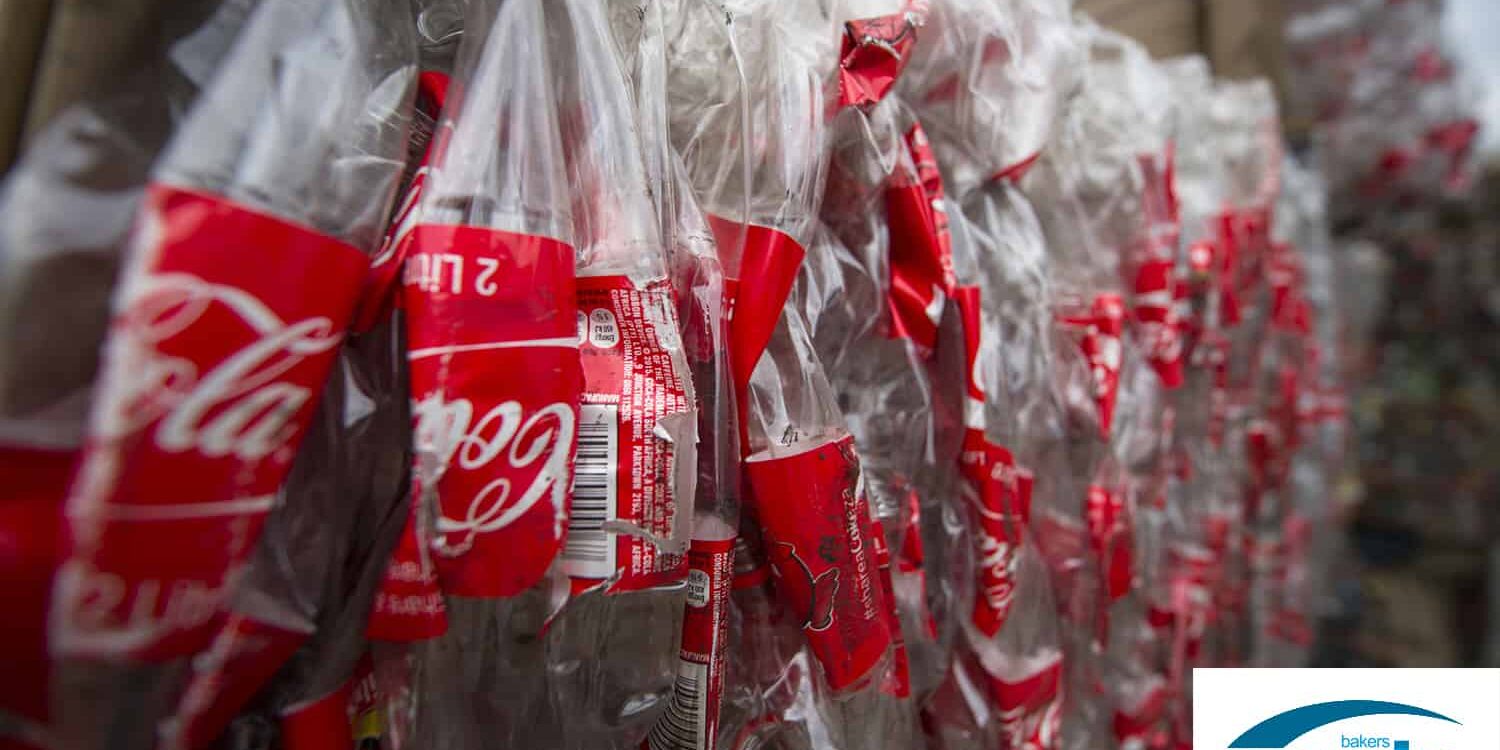Earth Island Institute is appealing the Superior Court for the District of Columbia’s decision that Coca-Cola’s environmental statements weren’t misleading to consumers.
The lawsuit took issue with the beverage giant’s statements, including a tweet saying that business and sustainability are not separate stories for them but different facets of the same story.”
Earth Island’s general counsel, Sumona Majumdar, said they fundamentally take issue with companies claiming that they’re sustainable when their business practices rely on the extraction and use of plastic.
According to the DC judge, Coca-Cola’s statements were goals and not a specific promise to consumers.
It emphasized that courts cannot be expected to determine whether a company is committed to creating a ‘world without waste’ or ‘to doing business the right way,”.
Coca-Cola also triumphed in a case that was filed in the US District Court for the Northern District of California by the environmental group Sierra Club.
Because there is a shortage of recycling capacity, most bottles wind up in landfills or incinerators, contrary to promises on the bottles that the product is "100% recyclable." The Consumer Legal Remedies Act, the False Advertising Law, and the Unfair Competition Law of California, according to the Sierra Club, are all violated by the labels' deceptive misrepresentations.
A reasonable buyer would realize that just because a product is labeled "recyclable," it may not truly be recycled, according to the Californian court.
Some of Coke's sector peers haven't received the same level of sympathy from judges.
In March, a judge in the US District Court for the Southern District of California denied Nestle's request to have a case involving allegedly deceptive marketing dismissed. The complainant, a customer, claimed she purchased Nestle goods, including its hot chocolate, as a result of purportedly misleading social and environmental advantages highlighted on the package.
Bao Vu, a partner at Stoel Rives. said that despite these courtroom wins for Coca-Cola, food, and beverage companies are still trying to figure out the exact limits of what they can say about sustainability without running afoul of consumers or raising the eyebrows of activists and regulators,
He added that his corporate clients often speak about inconsistencies between how courts interpret greenwashing claims for different companies.
Vu explained that for similar types of statements, one may get called out while another might not.
He referred to the decisions as “a patchwork of inconsistent visions” of what could be deemed misleading.



 Rio Tinto Shares Hit Record High After Ending Glencore Merger Talks
Rio Tinto Shares Hit Record High After Ending Glencore Merger Talks  How to create a thriving forest, not box-checking ‘tree cover’
How to create a thriving forest, not box-checking ‘tree cover’  Japan Economy Poised for Q4 2025 Growth as Investment and Consumption Hold Firm
Japan Economy Poised for Q4 2025 Growth as Investment and Consumption Hold Firm  Tencent Shares Slide After WeChat Restricts YuanBao AI Promotional Links
Tencent Shares Slide After WeChat Restricts YuanBao AI Promotional Links  Supreme Court Signals Skepticism Toward Hawaii Handgun Carry Law
Supreme Court Signals Skepticism Toward Hawaii Handgun Carry Law  Federal Reserve Faces Subpoena Delay Amid Investigation Into Chair Jerome Powell
Federal Reserve Faces Subpoena Delay Amid Investigation Into Chair Jerome Powell  Swimming in the sweet spot: how marine animals save energy on long journeys
Swimming in the sweet spot: how marine animals save energy on long journeys  U.S. Condemns South Africa’s Expulsion of Israeli Diplomat Amid Rising Diplomatic Tensions
U.S. Condemns South Africa’s Expulsion of Israeli Diplomat Amid Rising Diplomatic Tensions  RBI Holds Repo Rate at 5.25% as India’s Growth Outlook Strengthens After U.S. Trade Deal
RBI Holds Repo Rate at 5.25% as India’s Growth Outlook Strengthens After U.S. Trade Deal  SoftBank Shares Slide After Arm Earnings Miss Fuels Tech Stock Sell-Off
SoftBank Shares Slide After Arm Earnings Miss Fuels Tech Stock Sell-Off  Instagram Outage Disrupts Thousands of U.S. Users
Instagram Outage Disrupts Thousands of U.S. Users  Trump’s Inflation Claims Clash With Voters’ Cost-of-Living Reality
Trump’s Inflation Claims Clash With Voters’ Cost-of-Living Reality  Drug pollution in water is making salmon take more risks – new research
Drug pollution in water is making salmon take more risks – new research  Japanese Pharmaceutical Stocks Slide as TrumpRx.gov Launch Sparks Market Concerns
Japanese Pharmaceutical Stocks Slide as TrumpRx.gov Launch Sparks Market Concerns  Ford and Geely Explore Strategic Manufacturing Partnership in Europe
Ford and Geely Explore Strategic Manufacturing Partnership in Europe  South Korea Assures U.S. on Trade Deal Commitments Amid Tariff Concerns
South Korea Assures U.S. on Trade Deal Commitments Amid Tariff Concerns 































